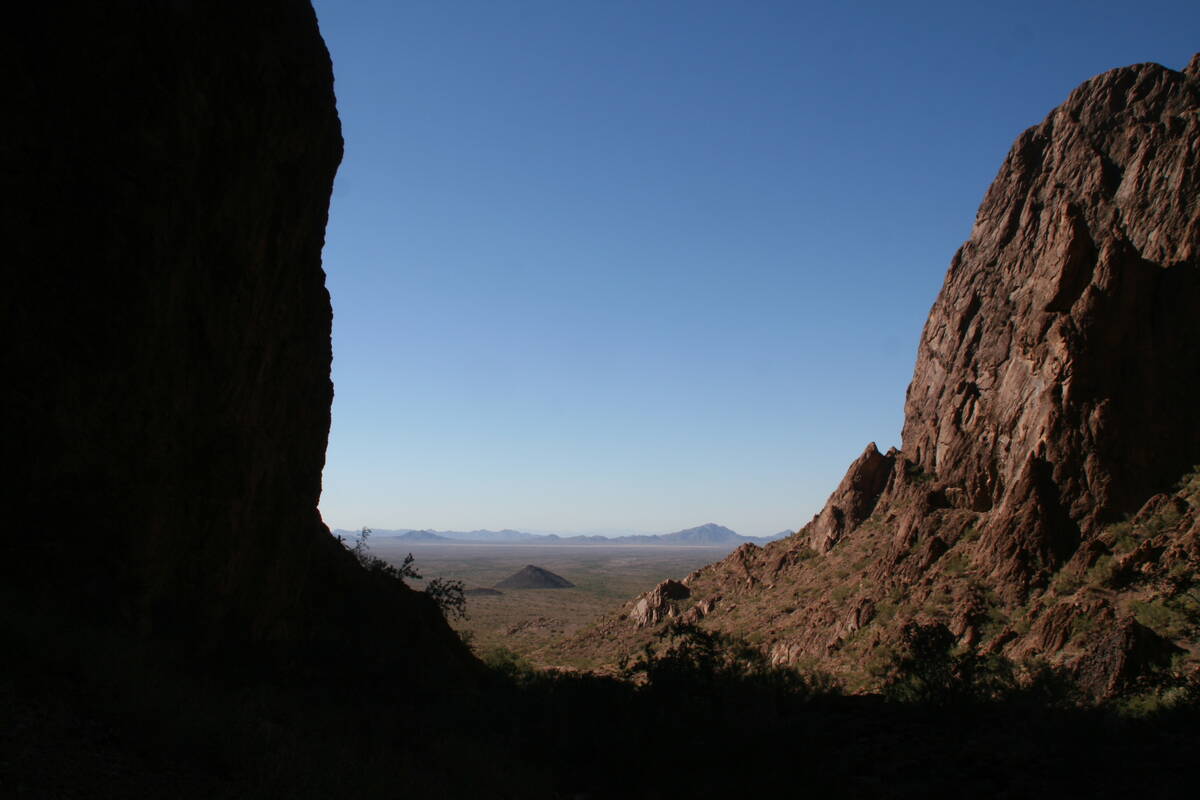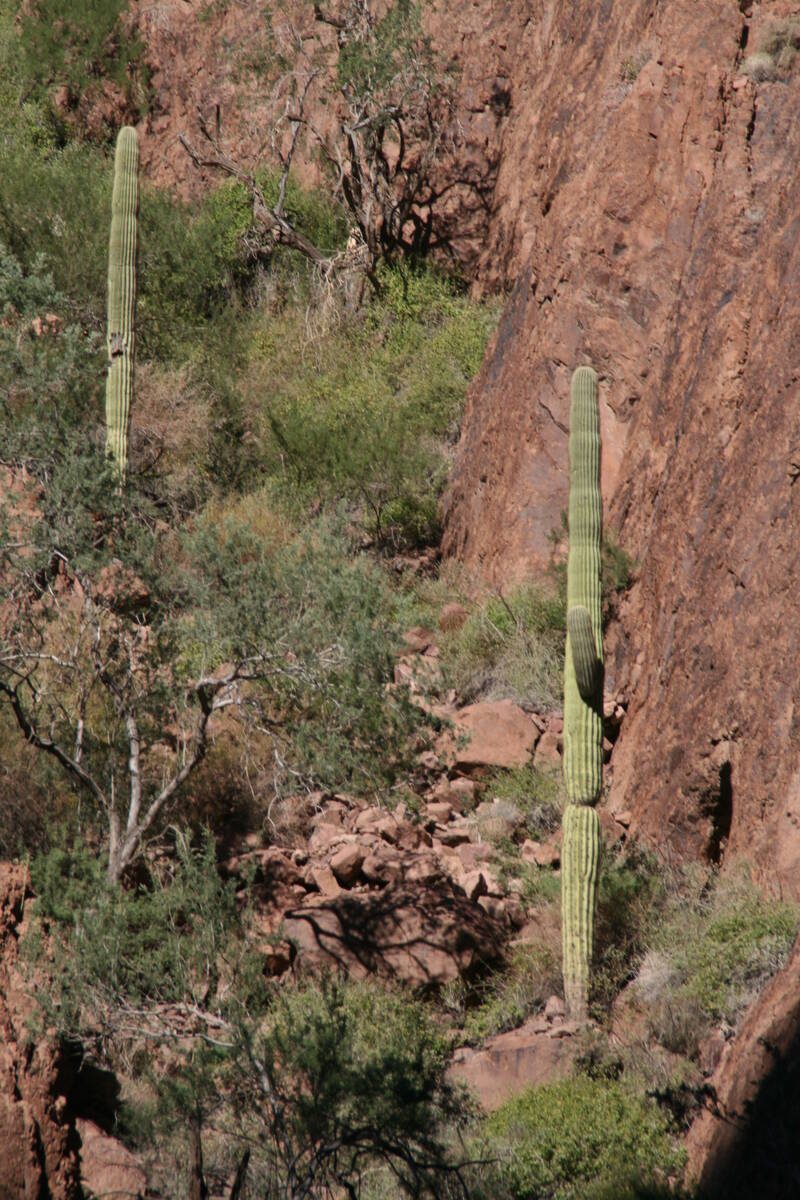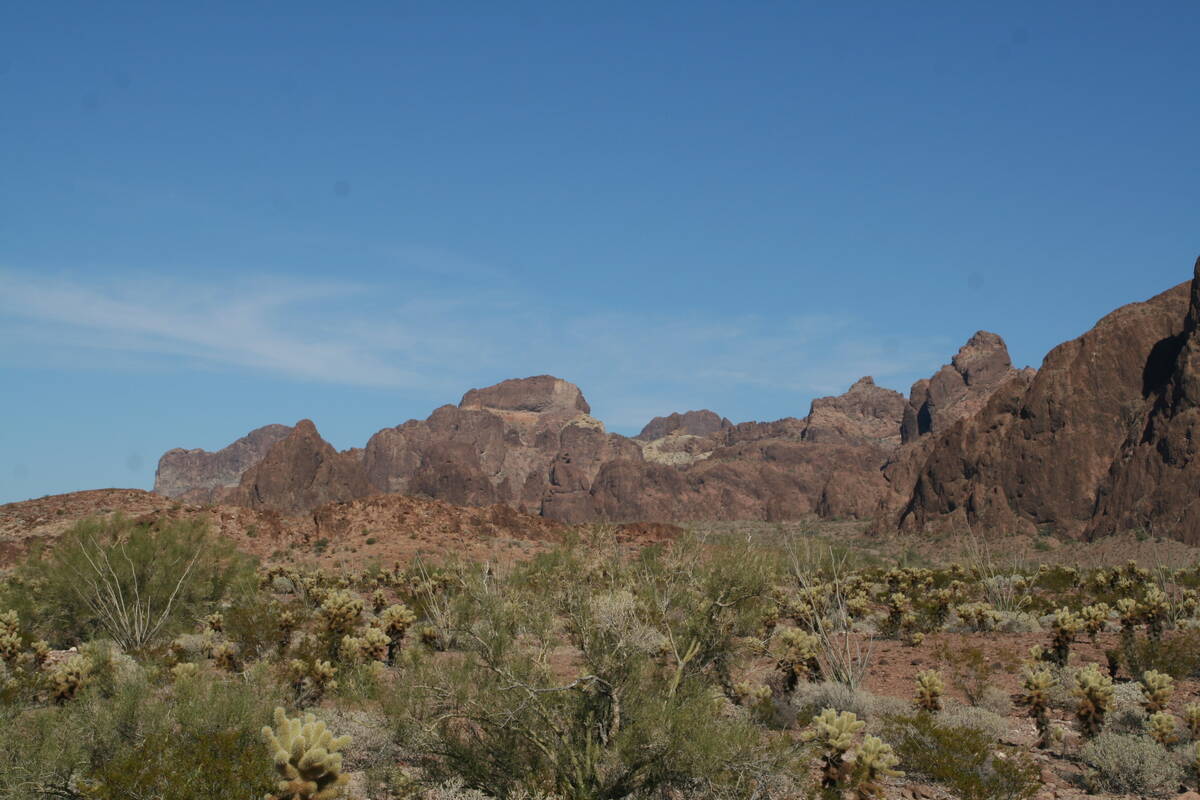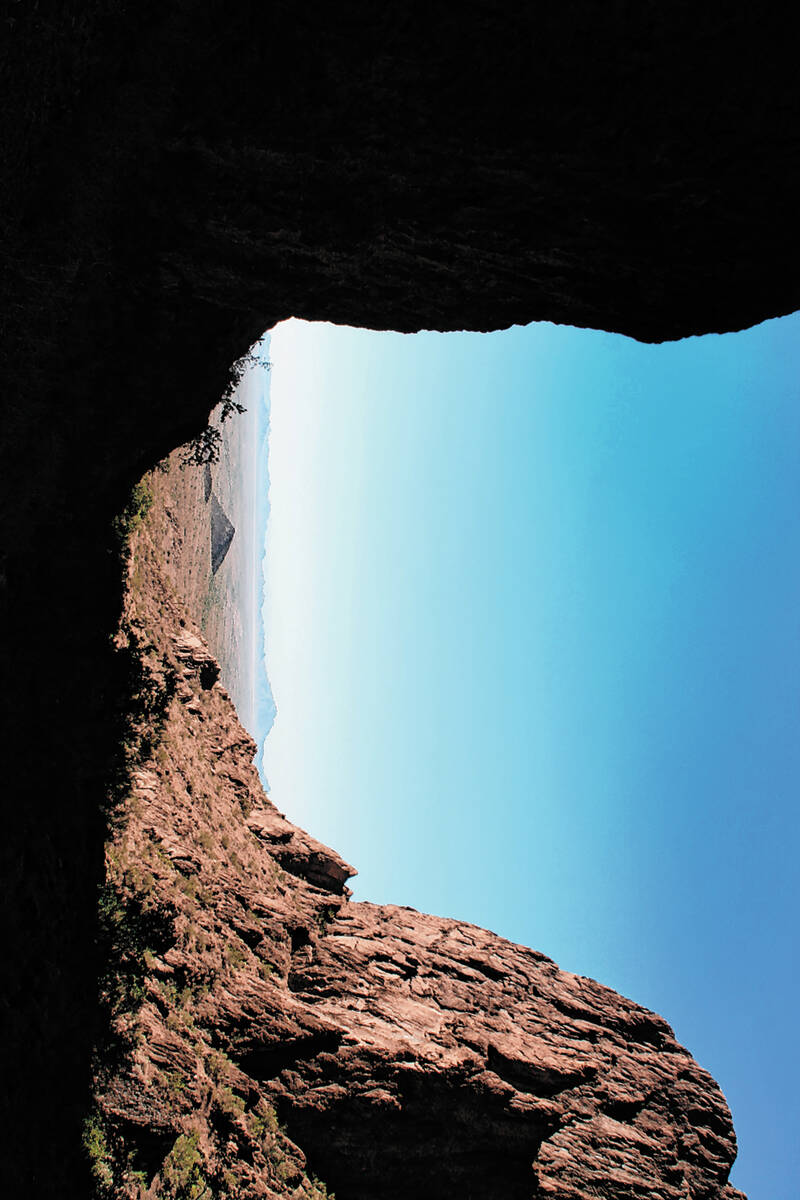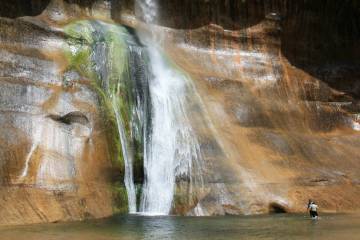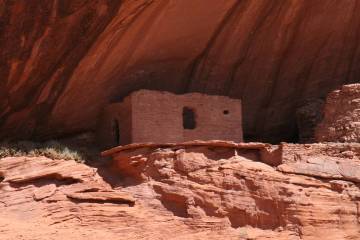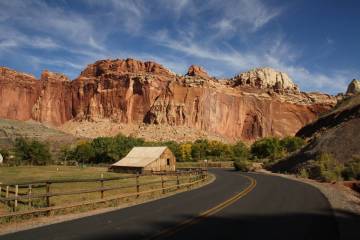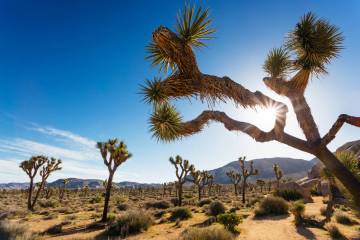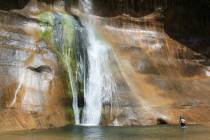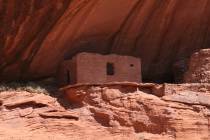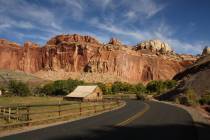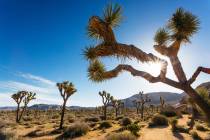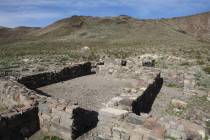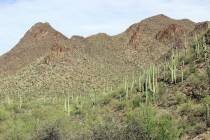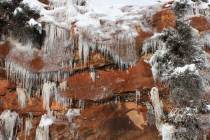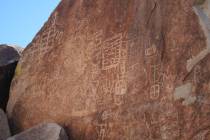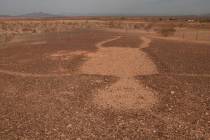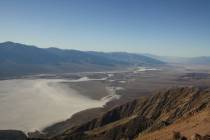Want to get away from it all? Arizona’s Kofa park is the place.
If you feel the need for a very remote getaway, then the Kofa National Wildlife Refuge might be a good bet. Located pretty much on the road to nowhere — between the Arizona towns of Quartzsite and Yuma — it is a wonderful destination for hiking, camping, wildlife watching and photography, as 80 percent of the park is designated as wilderness.
Established in 1939, it encompasses more than 665,000 acres and protects more than 400 desert bighorn sheep and other wildlife. It is interesting to note that the park was established after a 1936 campaign brought on by Maj. Frederick R. Burnham, a famous frontiersman and military scout whose exploits inspired his friend Lord Robert Baden-Powell to create the Boy Scout movement. Worried about the fate of the desert bighorn sheep, Burnham appealed to Arizona Boy Scouts, who took up the cause. Two years later, through tireless advocacy by 10,000 scouts, the range was formed. In 1976 the U.S. Fish and Wildlife Service renamed it the Kofa National Wildlife Refuge. (Kofa is derived from an acronym for a well-known area mine, the King of Arizona.)
Palm Canyon is best known for its natural grove of native California fan palms, the only one in Arizona. The trees are rare: Washingtonia filifera is the only native palm in the Southwest, and there are only 158 fan palm oases in all of North America. These palms usually live for 80 to 90 years and grow up to 75 feet but thrive only where there are copious amounts of water. The canyon is also home to typical Sonoran Desert plants such as ocotillo, palo verde and ironwood, and cactuses such as saguaro, prickly pear, cholla, barrel and hedgehog.
To see Palm Canyon, take Palm Canyon National Recreation Trail. From the signed trailhead and parking area, follow the obvious yet rocky trail into the canyon. The landscape here is made up of rhyolite, a volcanic rock.
Walk about five minutes and you will already be in the canyon and at a signed viewpoint. Look for the interesting plant called the Kofa Mountain barberry, found only in southwestern Arizona. You will recognize it by the holly-shaped leaves. You might also see and hear the distinctive song of the canyon wren, as well as observe white-throated swifts, thrashers and gnatcatchers.
Continue hiking to about half a mile from the trailhead and you will find another sign that reads “PALMS,” with an arrow pointing north. Depending on what time you are in the canyon, some people need a little help in seeing the palms as they are often shaded except around the noon hour.
Watch where you step, sit or put your hands, as there are plenty of prickly plants and many reptiles here. Besides the western diamondback and other venomous snakes, Gila monsters live in the area. Besides being venomous, it is the largest land lizard native to the United States. The refuge is also home to mountain lions, mule deer, kit foxes, foxes, badgers and the interesting but elusive ringtail cat.
There are no services at Palm Canyon. Be sure to bring all your own water and supplies on this outing. The elevation at the trailhead is about 2,141 feet, so temperatures will be about the same as in Las Vegas. Camping is permitted on the refuge, and overnight parking is allowed at Palm Canyon parking area. Palm Canyon can be found by driving 18 miles south of Quartzsite along U.S. Highway 95 and then going left onto a signed and maintained gravel road. Drive 7 miles east to the parking area and trailhead. For more information, contact the refuge at 928-783-7861 or www.fws.gov/refuge/kofa.



